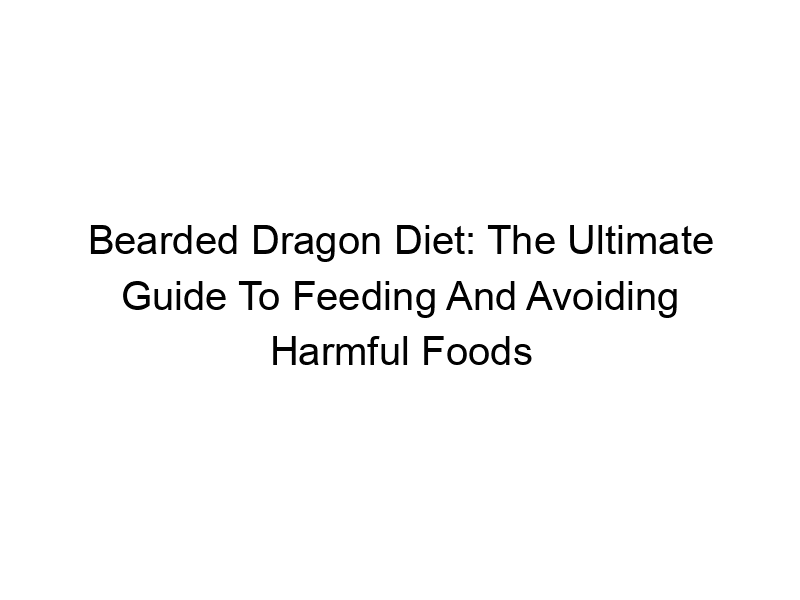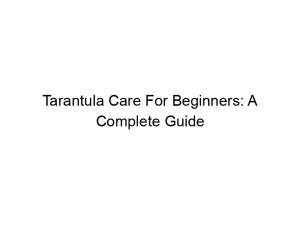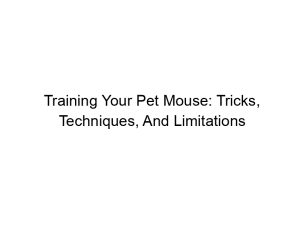Owning a bearded dragon is a rewarding experience, but understanding their dietary needs is crucial for their health and longevity. This comprehensive guide, Bearded Dragon Diet: What to Feed and What to Avoid, will equip you with the knowledge to provide your scaly companion with the best possible nutrition. We’ll cover everything from essential food sources to dangerous foods, ensuring your bearded dragon thrives. You’ll learn about different feeding strategies, appropriate supplements, and how to identify and prevent nutritional deficiencies. Let’s dive in!
Bearded dragons are omnivorous reptiles, meaning their diet should consist of both plants and insects. A varied diet is essential for providing all the necessary vitamins and minerals for optimal growth, health, and disease prevention. A monotonous diet can lead to nutritional deficiencies,
resulting in metabolic bone disease (MBD), a debilitating condition common in captive bearded dragons.
Essential Foods for Your Bearded Dragon
Insects: The Protein Powerhouse
Insects form a significant portion of a bearded dragon’s diet, providing crucial protein and essential nutrients. Good choices include dubia roaches (often considered the best), crickets, hornworms, and silkworms. Avoid wild-caught insects due to potential pesticide exposure and parasites. Gut-loading insects (feeding them nutritious food before feeding them to your dragon) is vital to enhance their nutritional value.
Vegetables: The Vital Vitamins and Fiber
Bearded dragons also need a variety of vegetables to ensure a balanced intake of vitamins, minerals, and fiber. Leafy greens like collard greens, mustard greens, and turnip greens are excellent choices. Other suitable vegetables include bell peppers (especially red), butternut squash, and carrots (in moderation). Avoid spinach, kale, and romaine lettuce, as they contain substances that can interfere with calcium absorption.
Optimal Feeding Schedules and Portions
Frequency and Amount
Juvenile bearded dragons (under a year old) require more frequent feeding than adults. Juveniles should be fed insects daily, while adult dragons can be fed every other day or even every three days, depending on their size and activity level. The amount of food should be adjusted based on the dragon’s weight and appetite; ensure they consistently leave some food uneaten after each feeding session to avoid overfeeding.
Supplementation: Ensuring Complete Nutrition
Calcium and Vitamin D3
Bearded dragons require calcium and vitamin D3 supplements to prevent metabolic bone disease (MBD). Calcium is crucial for strong bones, while vitamin D3 aids in calcium absorption. Dusting insects with a high-quality calcium and vitamin D3 supplement is crucial. The frequency of supplementation should be adjusted based on the dragon’s age and diet. Young dragons typically require more frequent supplementation than adults.
Foods to Absolutely Avoid
Toxic Plants and Vegetables
Several common plants are toxic to bearded dragons and should be kept out of their reach. These include rhubarb, avocados, spinach (in large quantities), and potatoes. Always research any plant before introducing it to your dragon’s diet. Even seemingly harmless plants can contain harmful compounds.
Harmful Insects
Wild-caught insects pose a serious risk due to potential parasites, pesticides, and other toxins. Avoid feeding your bearded dragon insects that you have not purchased from a reputable pet store. The risk of disease transmission is very high.
Understanding Metabolic Bone Disease (MBD)
Symptoms and Prevention
Metabolic bone disease (MBD) is a severe and often fatal condition caused by a deficiency in calcium and vitamin D3. Symptoms include soft bones, skeletal deformities, and weakness. MBD can be largely prevented by providing a balanced diet with proper supplementation, along with adequate UVB and UVA lighting.
Setting Up the Ideal Bearded Dragon Habitat
Temperature and Humidity
Creating the right environment is just as vital as proper feeding. Bearded dragons need a basking spot with temperatures reaching 100-110°F (38-43°C) to aid digestion and calcium absorption. Cooler areas should be provided for thermoregulation. Maintaining proper humidity levels is also crucial to prevent respiratory infections and dehydration.
UVB and UVA Lighting: Essential for Health
Importance and Selection
UVB and UVA lighting are essential for vitamin D3 synthesis and overall health. A quality UVB bulb is crucial for calcium absorption, preventing MBD. UVA lighting enhances their color and activity levels. Replace bulbs regularly according to the manufacturer’s recommendations, as their effectiveness diminishes over time.
Choosing the Right Substrate
Substrate Safety
Substrate, the material covering the bottom of the enclosure, should be carefully selected. Avoid substrates like sand, which can be ingested and cause impaction. Paper towels, reptile carpet, or tile are safer alternatives. Impaction can be a life-threatening condition.
Hydration: Ensuring Adequate Water Intake
Always provide fresh, clean water in a shallow dish. Bearded dragons primarily obtain water through their food, but a water source is still necessary. You can also lightly mist their enclosure, though this shouldn’t replace a water dish.
Common Mistakes in Bearded Dragon Feeding
Overfeeding and Nutritional Imbalances
Overfeeding can lead to obesity and other health problems. Always monitor your dragon’s weight and adjust food portions accordingly. Nutritional imbalances can arise from a lack of variety in the diet, leading to deficiencies and disease.
Comparing Different Insect Options
Dubia Roaches vs. Crickets
Dubia roaches are generally considered a superior food source compared to crickets. They are nutritionally richer, cleaner, and less likely to escape. Crickets, however, are more readily available in many pet stores.
Maintaining a Clean and Hygienic Enclosure
Preventing Bacterial and Parasitic Infections
Regular cleaning of the enclosure is essential to prevent bacterial and parasitic infections. Remove uneaten food, feces, and any soiled substrate daily. A thorough cleaning and disinfection of the entire enclosure should be performed weekly or bi-weekly.
Recognizing Signs of Nutritional Deficiency
Early Detection and Treatment
Early detection of nutritional deficiencies is crucial for successful treatment. Symptoms can include lethargy, weight loss, skeletal deformities, and skin issues. Seek veterinary attention immediately if you suspect a nutritional deficiency.
Frequently Asked Questions
What are the best vegetables for a bearded dragon?
Collard greens, mustard greens, turnip greens, red bell peppers, butternut squash, and carrots (in moderation) are excellent choices. Avoid spinach, kale, and romaine lettuce.
How often should I dust my bearded dragon’s food with supplements?
The frequency of dusting depends on the dragon’s age and diet. Juveniles generally require more frequent dusting than adults. Always follow the instructions on your chosen supplement.
Can I feed my bearded dragon fruits?
Fruits should only be given as occasional treats in small quantities, as they are high in sugar. Avoid giving fruits regularly. A small amount of mango or blueberries is acceptable.
What are the signs of metabolic bone disease (MBD)?
Symptoms of MBD include soft bones, skeletal deformities, weakness, tremors, and swollen joints. It’s a serious condition requiring immediate veterinary care.
How often should I change my bearded dragon’s water?
Change the water daily to ensure it remains fresh and clean. Stagnant water can become a breeding ground for bacteria.
My bearded dragon is refusing food. What should I do?
Several factors can cause a bearded dragon to refuse food. Check the temperature, lighting, and humidity of the enclosure. Ensure the food is fresh and varied. If the problem persists, consult a veterinarian.
Final Thoughts
Providing a proper bearded dragon diet is essential for their health, longevity, and overall well-being. By understanding their nutritional needs, selecting appropriate food sources, and avoiding harmful foods, you can ensure your bearded dragon thrives. Remember to always consult with a reptile veterinarian if you have any concerns about your dragon’s health or diet. A healthy and happy bearded dragon starts with a balanced and nutritious diet, complemented by a well-maintained habitat and proper care. Ensure regular check-ups to catch any potential health issues early. With proper care, your bearded dragon will bring you years of enjoyment. Remember to always prioritize their well-being and provide them with the best possible environment and nutrition.




